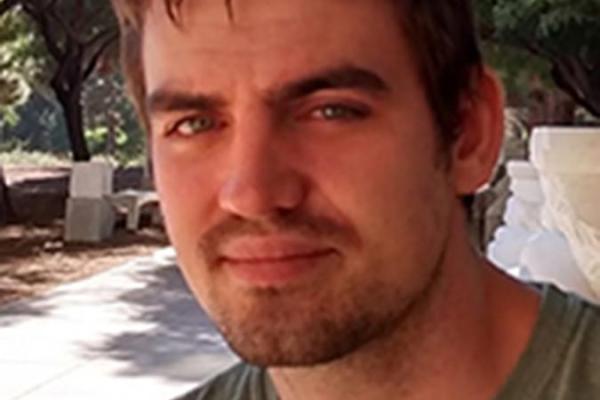
Christoph Fischbacher
Baylor University
Title
Non-selfadjoint operators with non-local point interactions
Abstract
In this talk, I will discuss non-selfadjoint differential operators of the form
$i\frac{d}{dx}+V+k\langle \delta,\cdot\rangle$ and $-\frac{d^2}{dx^2}+V+k\langle \delta,\cdot\rangle$, where $V$ is a bounded complex potential. The additional term, formally given by $k\langle \delta,\cdot\rangle$, is referred to as ``non-local point interaction" and has been studied in the selfadjoint context by Albeverio, Cojuhari, Debowska, I.L. Nizhnik, and L.P. Nizhnik.
I will begin with a discussion of the spectrum of the first-order operators on the interval and give precise estimates on the location of the eigenvalues. Moreover, we will show that the root vectors of these operators form a Riesz basis. If the initial operator is dissipative (all eigenvalues have nonnegative imaginary part), I will discuss the possibility of choosing the non-local point interaction in such a way that it generates a real eigenvalue even if the potential is very dissipative.
After this, I will focus on the dissipative second order-case and show similar results on constructing realizations with a real eigenvalue.
Based on previous and ongoing collaborations with Matthias Hofmann, Andrés Lopez Patiño, Sergey Naboko, Danie Paraiso, Chloe Povey-Rowe, Monika Winklmeier, Ian Wood, and Brady Zimmerman.
